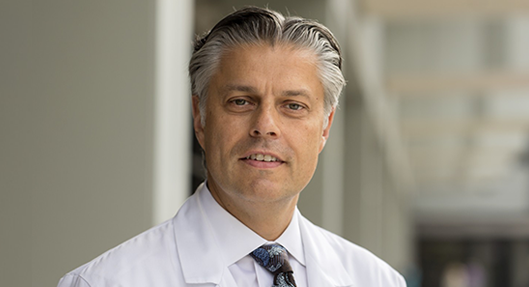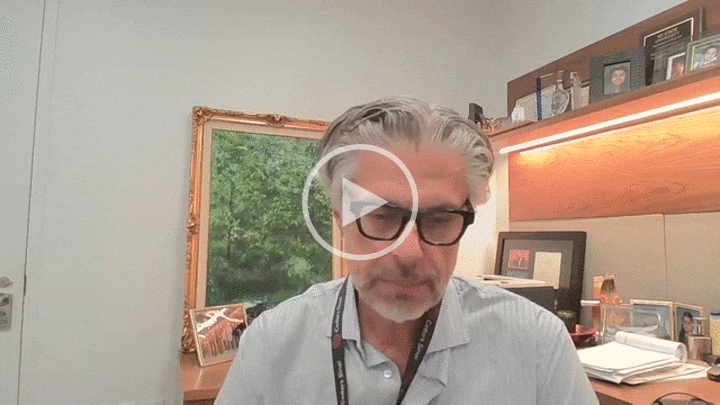
Check out Dr. Pimentel's new book, The Microbiome Connection, which is available through all major booksellers. If it's out of stock, grab the Kindle version.
Dr. Mark Pimentel is the top research doctor in the fields of IBS (Irritable Bowel Syndrome), SIBO (Small Intestine Bacterial Overgrowth), IMO (Intestinal Methanogen Overgrowth), and other functional gut disorders. He is in the process of mapping the microbiome of the small intestine and other major research breakthroughs to support both physicians and patients in resolving these complex conditions. He spends his days working tirelessly in the Pimentel Laboratory at Cedars-Sinai Medical Center in Los Angeles.
Check out Dr. Pimentel's new book, The Microbiome Connection, which is available through all major booksellers. If it's out of stock, grab the Kindle version.
Dr. Mark Pimentel is the top research doctor in the fields of IBS (Irritable Bowel Syndrome), SIBO (Small Intestine Bacterial Overgrowth), IMO (Intestinal Methanogen Overgrowth), and other functional gut disorders. He is in the process of map…
